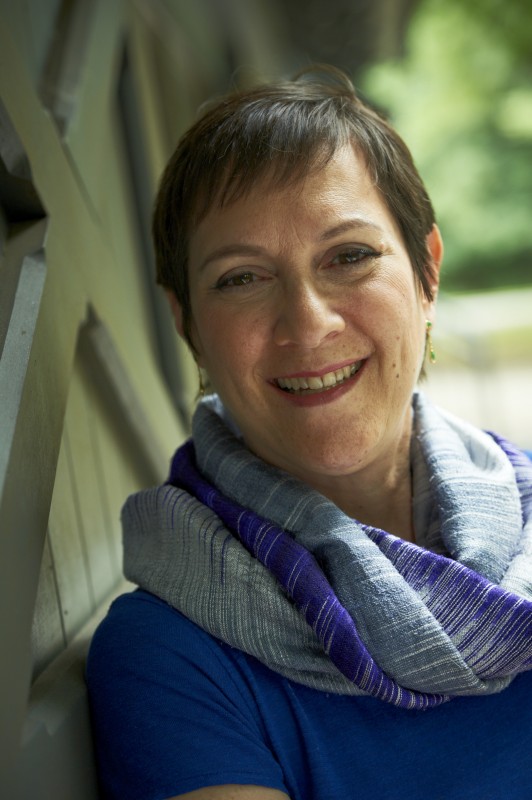Guest Post from The Cancer Support Community: Progress Made in Addressing the Psychosocial Needs of People Diagnosed with Cancer

Joanne Buzaglo, Ph.D. is the Senior Vice Present of Research & Training at the Cancer Support Community.
This guest post is part of the 2015 Cancer Policy Matters “The Imperatives for Quality Cancer Care: 20 Years Later” blog series.
Although noted in the literature as early as the 1970’s, serving as the foundation for the 1982 establishment of The Wellness Community (now The Cancer Support Community) and certainly referenced in the 1995 NCCS report Imperatives for Quality Cancer Care, it was the 2008 Institute of Medicine report, Cancer Care for the Whole Patient: Meeting Psychosocial Health Needs, that truly elevated the awareness of the broader cancer community to the importance of caring for the social and emotional needs of patients with cancer as a part of overall quality cancer care. Specifically, the IOM report noted that as many as 40% of patients with cancer experience moderate levels of social and emotional distress.
Over the past several years, the community has embraced this recognition and has developed a number of solutions to better serve patients. One notable example was the formation of the Alliance for Quality Psychosocial Cancer Care, which has grown into a large coalition of groups who are committed to working together to better the overall care of patients and their families.
Another highly recognized advancement is the list of Patient-Centered Standards included as a part of cancer center accreditation by the American College of Surgeons Commission on Cancer. Specifically, patients seen in an accredited cancer center must receive care that includes the provision of social and emotional care. These standards include requirements that patients have access to social and emotional support services, psychosocial distress screening, survivorship care planning and patient navigation, to name a few. We at the Cancer Support Community applaud this big step to more formally integrate the social aspects of comprehensive care.
So what is left to do? Many organizations are adding patient-centered standards to their work, including the American Society of Clinical Oncology, the Community Oncology Alliance and the Oncology Management Services, Oncology Patient Centered Medical Home to name a few. Additionally, social and emotional support is finding its way into changing care delivery models and bundled payments for overall cancer care delivery, which is very promising.
We at the Cancer Support Community applaud the work that has been done by our partners in cancer care and look forward to working together to leverage the information in the Cancer Experience Registry, an online vehicle that engages patients and caregivers to inform future priorities in research, innovative programs and health care policy, to elevate the patient voice on the importance of comprehensive care even more.
Joanne Buzaglo, Ph.D. is the Senior Vice Present of Research & Training at the Cancer Support Community, where she leads strategic initiatives that leverage the research capabilities of CSC’s global cancer patient support network through collaborations with patients, caregivers, advocacy organizations, academics, health economists and leaders in industry. Dr. Buzaglo is a behavioral health researcher and clinical psychologist with extensive experience in the development and evaluation of theoretically guided interventions designed to help patients cope with the complex challenges associated with cancer.
About the Cancer Support Community: The Cancer Support Community is the largest professionally led nonprofit network of cancer support worldwide, delivering a comprehensive menu of personalized and essential services including support groups, educational workshops, exercise, art and nutrition classes and social activities for the entire family. Through cutting-edge psychosocial, behavioral and survivorship research, the Cancer Support Community’s Research and Training Institute is helping CSC change the future of cancer care through education and training. The Cancer Support Community’s Cancer Policy Institute ensures that the voices of 13.7 million cancer survivors and their families are heard in the nation’s capital and state and local legislatures across the country. Follow the Cancer Support Community on Twitter: @CancerSupportCm
The views & opinions expressed in any guest post featured on our site are those of the guest author and do not necessarily reflect the opinions & views of the National Coalition for Cancer Survivorship. Read our blog and comment policies here.




